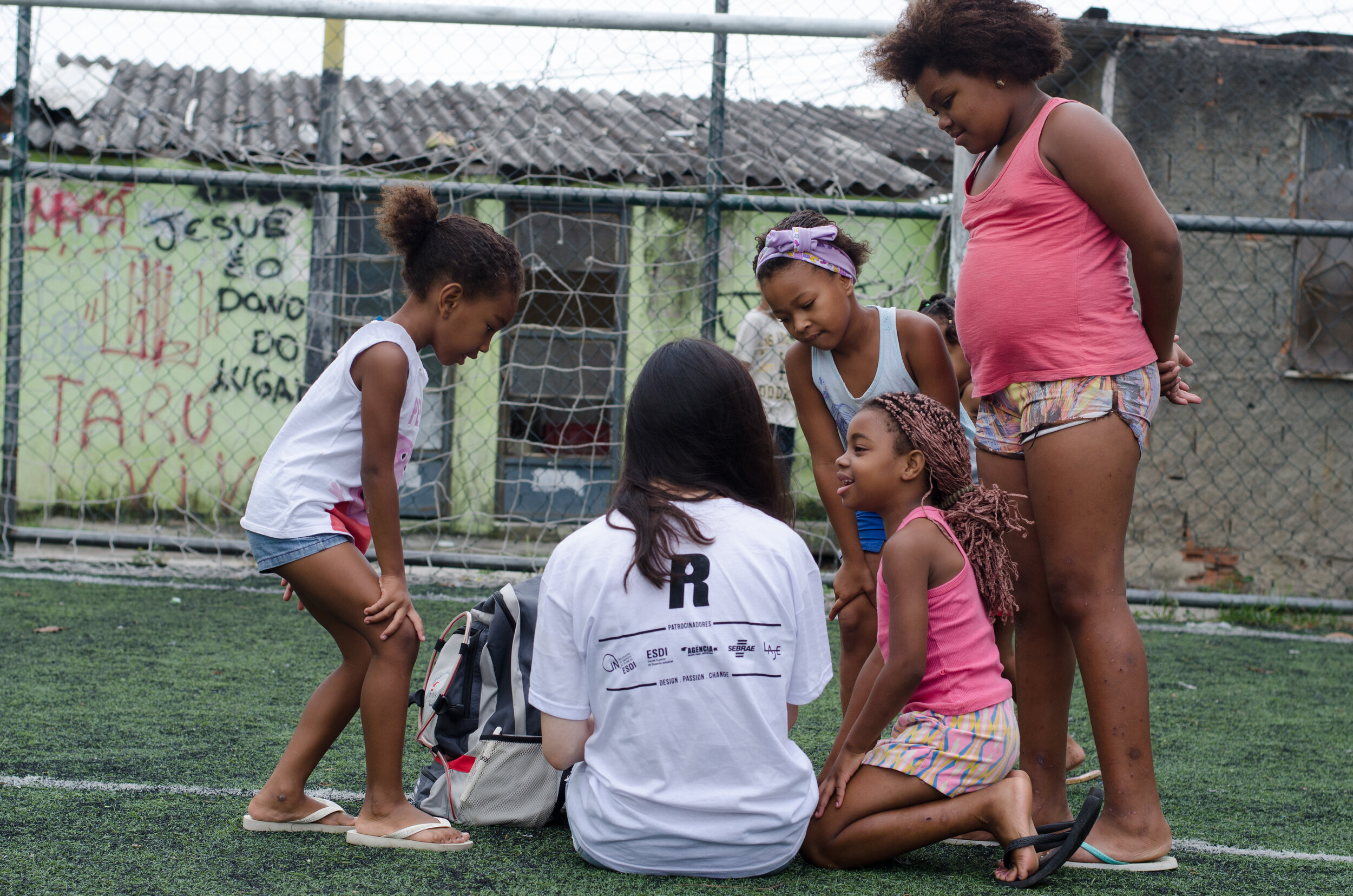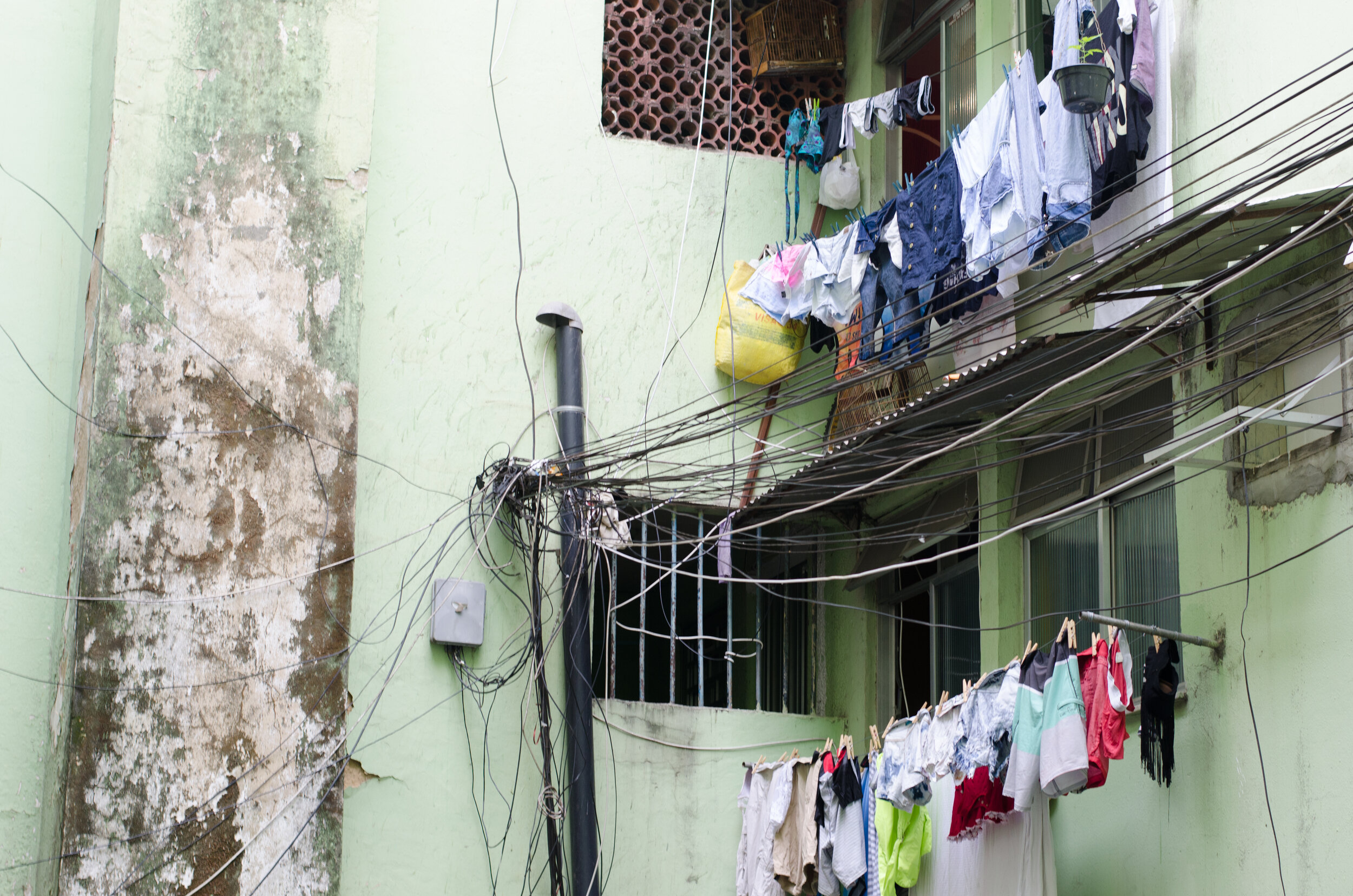Inspired by Rio Resourcefulness
Professor Mauricio Manhaes, Service Design leader for Project Resound in Rio de Janeiro, came away from that experience deeply impressed that young entrepreneurs from the favelas were able to accomplish so much with so very little.
But that was just one lasting impression Mauricio got from the 7-day project during the summer of 2016 in a poverty-ridden area of Rio.
Three other impressions: a sense of humility, an acknowledgement of how much we have compared to others, and a realization that the Project Resound experience had been an inspiring one.
“I have been on many design awards juries, assessing amazing design projects from all over the world,” Mauricio said. “It was then I realized that we have so many resources, so many design resources available to us, yet these young entrepreneurs were able to complete comparable, competitive projects with so much less.”
He recalled how the design skill and talent demonstrated by one team leader, a young female entrepreneur, greatly impressed him.
“What made her successful was her critical thinking,” he said. “It sparked her ability to question and challenge the status quo — it fostered her educational attainment and leadership skills. Without critical thinking, she may have meekly accepted the squalid conditions that she had been born into.”
Mauricio said the young leader didn’t look the part of the typical winner. From her appearance, it would have been easy to stereotype her as less than equal. That impression ended quickly. When he began conversing with her, he realized that, “She is very bright, she is tenacious and a winner.”
Seeing what could be achieved by those with so little inspired Mauricio, as well as other members of the Project Resound team. “Watching how much they were able to accomplish with obstacles such as an unreliable Web connection and outdated equipment and software – that gave us a sense of humility and a greater appreciation for the advantages with which we were born,” he said.
Mauricio added, “Project Resound places its members in situations that make us see that we can contribute—and that we are not that far removed from the rest of the world. It inspires empathy and gives us as individuals the opportunity to see that we may not be the smartest or most talented person in the room. Gaining this perspective and realizing our limitations is the first step to questioning, which opens the potential for a change of worldview, and of heart.”
Gambiarra,’ (gam-be-ya-ha) is the Brazilian practice of makeshifts, the art of resorting to quirky and smart improvisation in order to repair what doesn't work or to create what you need with what you have at your disposal. Indeed, it is a necessity for those with few resources. It can also have a negative connotation, as it describes a patch—something that is working for now but is expected to break. But this is reflective of the human spirit in Rio, where creative and critical thinking can make the difference and incredibly, the patch doesn’t break.


